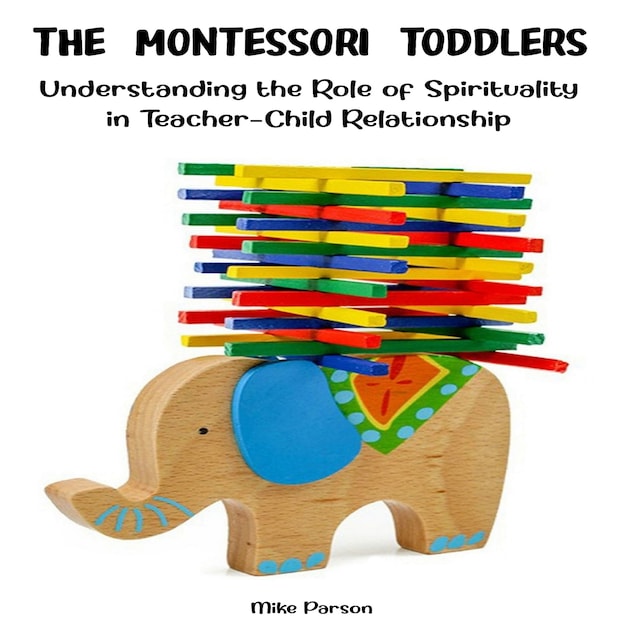
The Montessori Toddlers
Opis książki
Maria Montessori, considered "a citizen of the world," as indicated on a commemorative plaque in Rome, is one of the most outstanding educators of the twentieth century. She was born in Chiaravalle, Italy, in 1870. In 1896, she became the first woman in Italy to become a physician. For many years, she worked with children with developmental disorders as part of her duties stemming from her appointment to the Psychiatric Clinic at the University of Rome.
Basing her approach to the education of the child's senses on the work of Froebel, Itard, and Seguin, Montessori developed unique materials for the children to use. She came to believe that their learning could be immensely ameliorated with a particular educational program, and, indeed, it was. During the ten years after her graduation, Montessori was also involved in her private practice with hospitals around Rome, her lectureships at different women's colleges, and eventually, her Professorship in Anthropology. Later years, Montessori would comment on how her life, in its entirety, was an example of her principle that "the preparations of life are indirect" and that one must be "obedient to events." As her biographer, Standing became acquainted with Maria Montessori in 1921 and continued contacting her until her passing in 1952, collaborating with her in writing articles, teaching in schools, and assisting her in teacher training. He reflected on how Montessori's first part of her career built her later work with children.
Following is a classic example of her life's mission.
Montessori's interventions, at that time, were "anything but scientific"; however, what someone else may have considered insignificant, Montessori deemed necessary. For example, she noticed that the children would repeat an exercise many times over, for no apparent external reason, before they would be finished working with the material, at an age when adults expected children to have a brief attention span. During this time, they demonstrated


